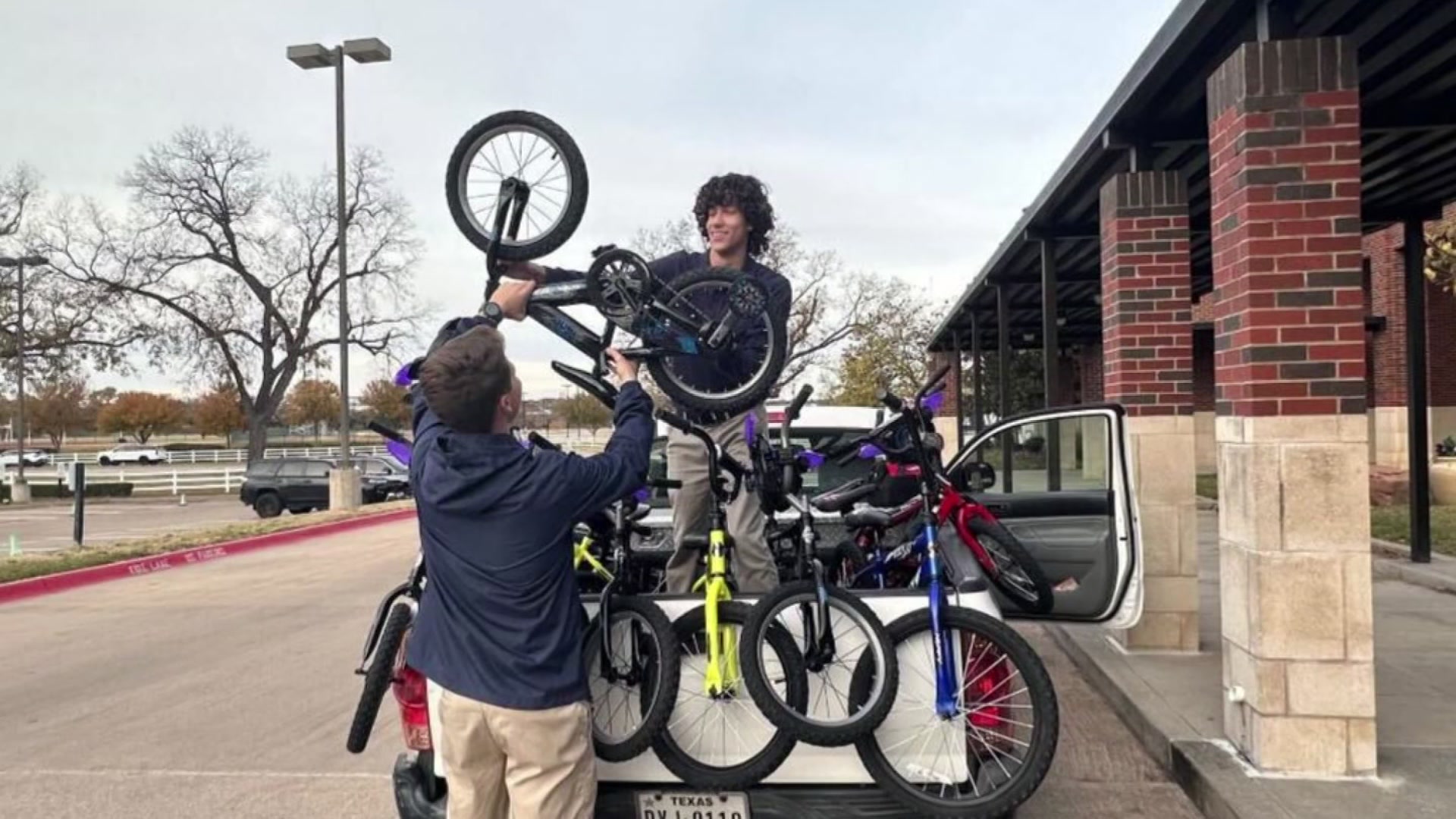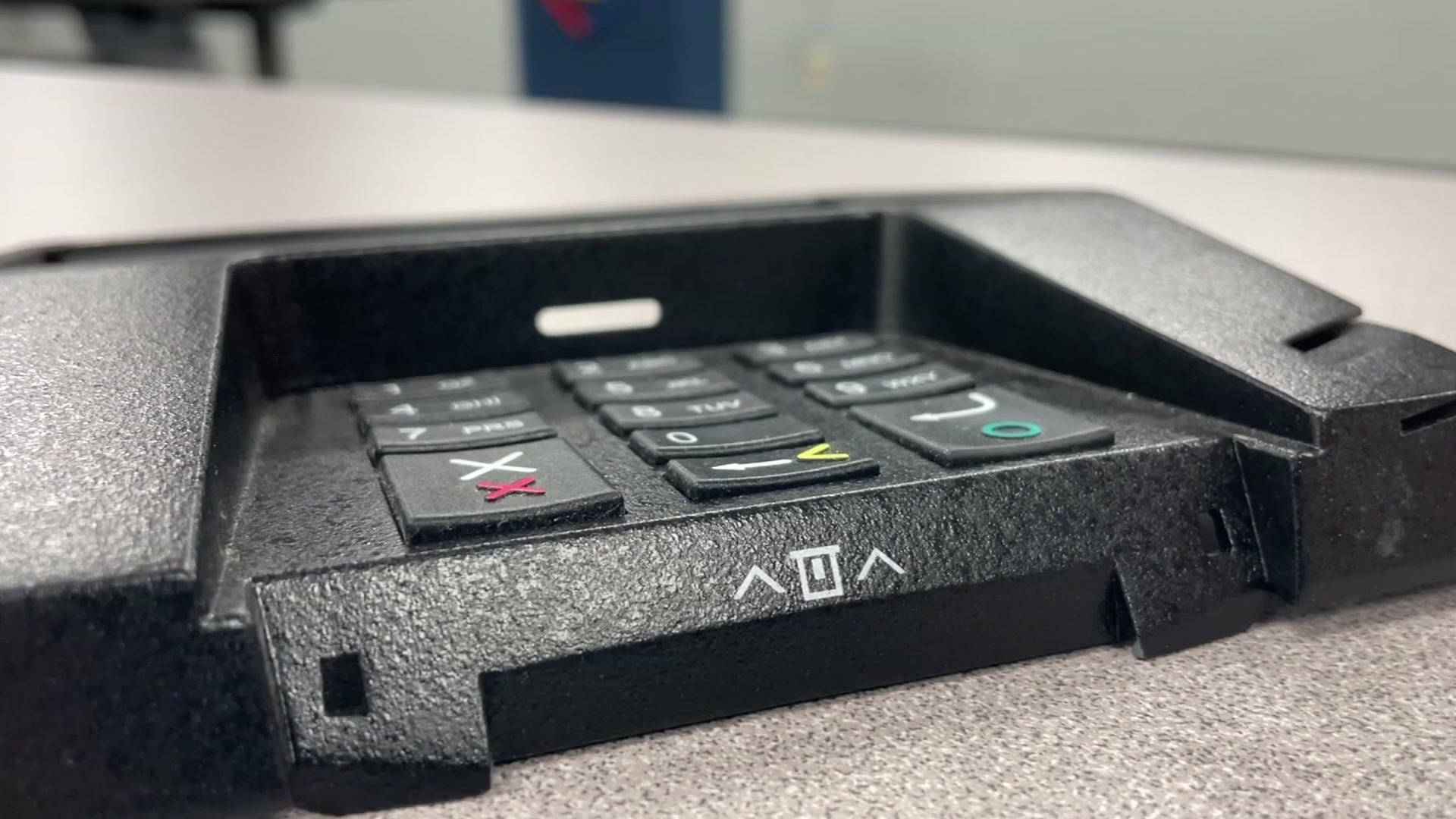Hours before two would-be terrorists attacked a provocative Prophet Muhammad cartoon contest, the FBI sent local authorities the license plate number and photo of one of the shooters, who had a prior terrorism-related conviction, but police said Monday they didn't see the intelligence bulletin in time.
Garland Police Chief Mitch Bates also said the FBI notice was not specific enough to have altered authorities' response.
About 40 Garland police officers, along with members of federal and state law enforcement agencies, were guarding the May 3 event at a conference center in suburban Dallas when the attackers drove up and opened fire. Five officers responded, killing the two gunmen. One unarmed security guard was injured; no one attending the event was hurt.
Bates described the security plan, which he said took several months to create, as "an overwhelming success."
The FBI sent the bulletin through its Dallas command post to Garland police, informing them that one of the attackers, Elton Simpson, "might be interested in going to Garland," FBI Director James Comey told reporters in Washington on Thursday. The FBI issued the warning even though Comey said they didn't believe Simpson had left Phoenix. An FBI spokeswoman in Dallas made the transcript of Comey's comments available Monday.
But Bates said no one at the law enforcement command post was aware of the FBI's bulletin on Simpson prior to the attack.
"We had no information from the FBI or anyone else that Simpson posed a threat to our event," he said.
Local
The latest news from around North Texas.
The FBI memo was sent to the North Texas Joint Terrorism Task Force, a 24-agency organization that includes one Garland police detective, Bates said. That detective, who received the bulletin via email, didn't see it until after the event.
The police chief described the bulletin as "one of many emails sent on that day," and his spokesman said Bates had no access to it.
The FBI routinely disseminates information about potential national security concerns to local law enforcement officials, including members of joint terrorism task forces and regional locally operated fusion centers. In this case, the FBI flagged individuals -- including Simpson -- who it thought were interested in the cartoon contest.
Simpson and the other gunman, Nadir Soofi, were armed with three pistols, three assault rifles and hundreds of rounds of ammunition, Bates said Monday. The firefight happened outside the Curtis Culwell Center in Garland where the contest was held.
Neither the FBI nor Garland police said they anticipated that either suspect would target the event. And Bates added: "Please note that the contents of that email would not have prevented this shooting, nor would it have changed the law enforcement response in any fashion."
Federal and local law enforcement officials declined to provide The Associated Press with a copy of the FBI's May 3 intelligence bulletin.
Zach Horn, a Dallas attorney representing five officers involved in the shooting, said neither he nor his clients had seen the FBI memo. But, he added, "They knew they weren't guarding a Girl Scout convention."
Mainstream Islamic tradition holds that any physical depiction of the Prophet Muhammad is blasphemous, and drawings such as the ones featured at the Garland have sparked violence around the world.
The officers, all of whom remain on paid administrative leave, are members of the Texas Municipal Police Association. The union provides legal representation for police in officer-involved shootings.
The Garland school board, which owns the publicly funded Curtis Culwell Center, said Monday it will discuss arming its security personnel and will evaluate its leasing policy. In January, the center opened its doors to a fundraiser organized by a Chicago-based nonprofit that aims to help Muslims combat negative depictions of the prophet. That event drew about 1,000 protesters.



